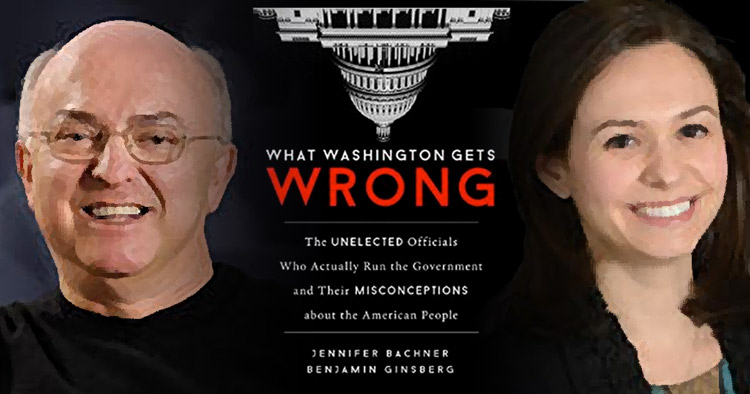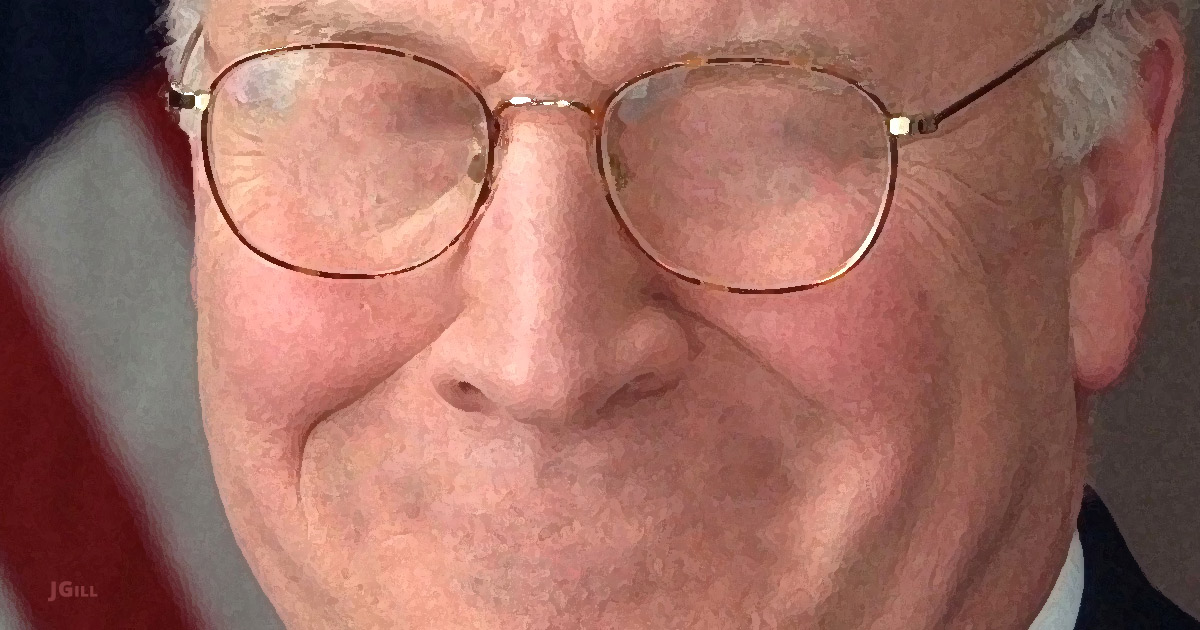Daniel Mitchell, a senior fellow in fiscal policy at the Cato Institute, is a nice guy. But he’s sort of depressing, too.
Weeks ago, writing for the Foundation for Economic Education (FEE), Mitchell offered that “The Washington, DC Gilded Class Is Thriving.” He even provided a “depressing chart” graphing “median inflation-adjusted household income for the entire nation and for the District of Columbia.”
There is a graphic divide: while “the nation’s capital used to be somewhat similar to the rest of the nation … over the past 10 years, DC residents have become an economic elite, with a representative household ‘earning’ almost $14,000 more than the national average.”
Dan Mitchell highlights that “the entire region is prospering at the expense of the rest of the nation.” Among the nation’s counties, the top four wealthiest are in suburban Washington, D.C. The nation’s capital region boasts nine of the country’s top 20 richest counties.
Now Mitchell’s back with another FEE column exclaiming more bad news: “The ROI for Cronyism is Huge.” (ROI is “return on investment.”)
Mitchell cites a study entitled, “All the President’s Friends: Political Access and Firm Value,” conducted by University of Illinois professors Jeffrey R. Brown and Jiekun Huang. “Using novel data on White House visitors from 2009 through 2015,” they explain, “we find that corporate executives’ meetings with key policymakers are associated with positive abnormal stock returns.…”
The authors find a lot evidence showing that “political access is of significant value to corporations.”
None of this should surprise. Cronyism pays, and it sticks close to power, even geographically.
This is Common Sense. I’m Paul Jacob.











